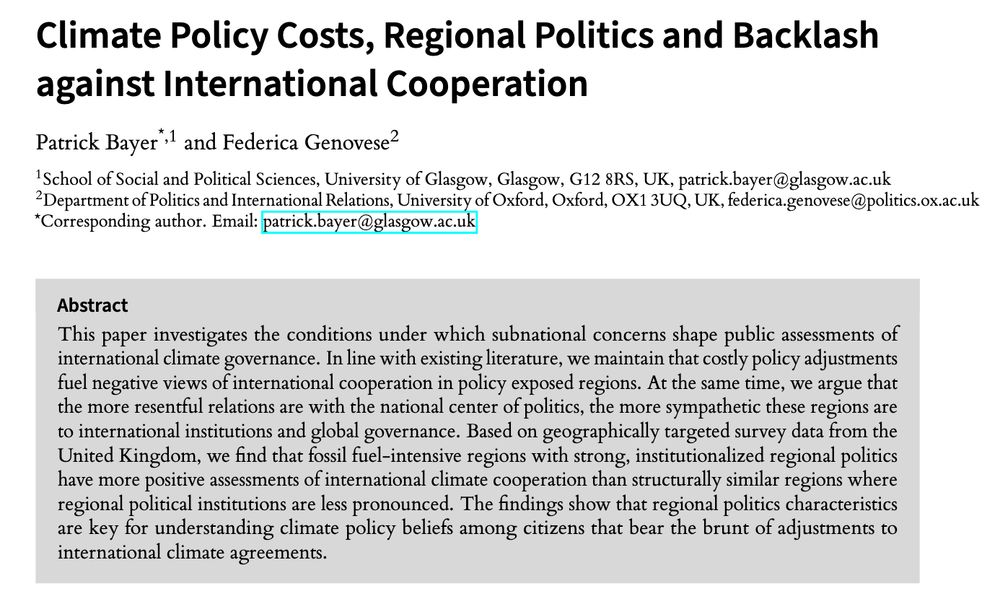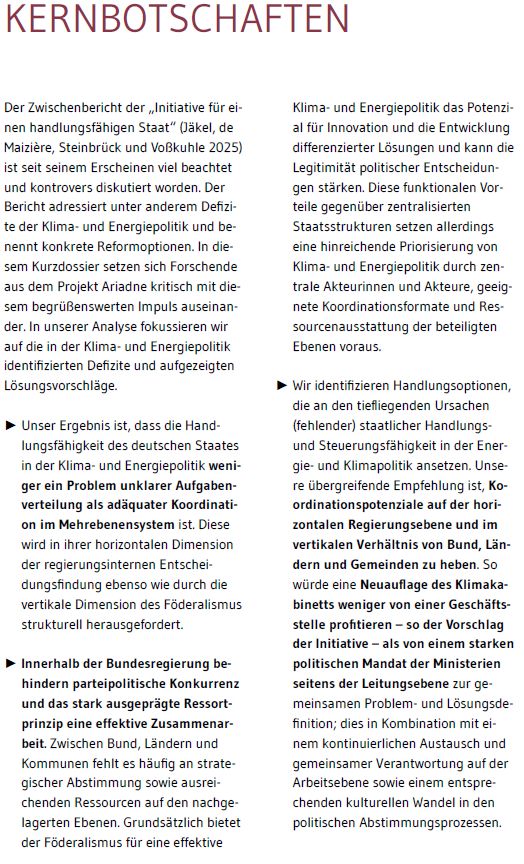Claudia Zwar
@claudiazwar.bsky.social
480 followers
210 following
29 posts
PhD Candidate and Research Associate at Hertie School Centre for Sustainability
www.claudiazwar.com
Posts
Media
Videos
Starter Packs
Reposted by Claudia Zwar
Claudia Zwar
@claudiazwar.bsky.social
· Sep 5
Reposted by Claudia Zwar
Reposted by Claudia Zwar
Claudia Zwar
@claudiazwar.bsky.social
· Jul 1
Claudia Zwar
@claudiazwar.bsky.social
· Jun 26
Reposted by Claudia Zwar
Claudia Zwar
@claudiazwar.bsky.social
· Jun 17
Claudia Zwar
@claudiazwar.bsky.social
· Feb 18
Reposted by Claudia Zwar
Claudia Zwar
@claudiazwar.bsky.social
· Sep 4



















